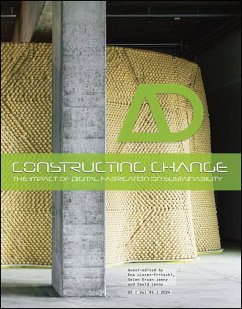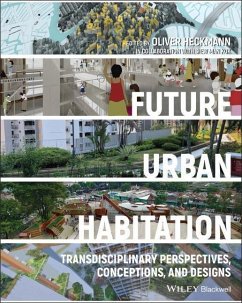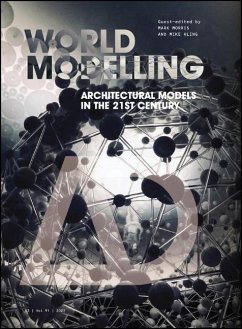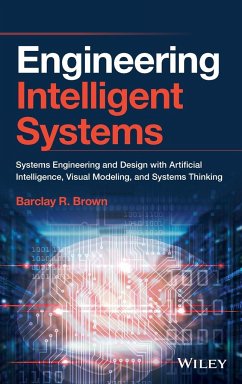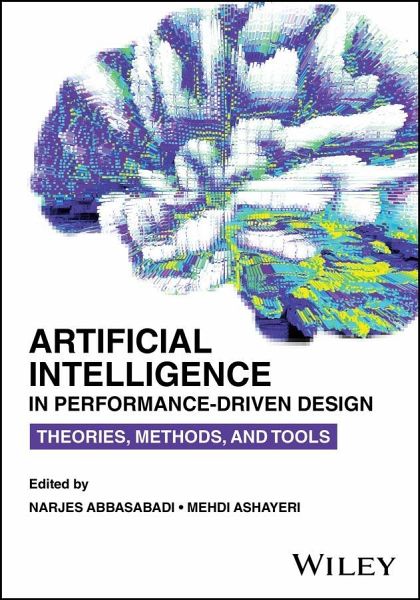
Artificial Intelligence in Performance-Driven Design
Theories, Methods, and Tools
Herausgeber: Abbasabadi, Narjes; Ashayeri, Mehdi
Versandkostenfrei!
Versandfertig in über 4 Wochen
89,99 €
inkl. MwSt.

PAYBACK Punkte
45 °P sammeln!
A definitive, interdisciplinary reference to using artificial intelligence technology and data-driven methodologies for sustainable design Artificial Intelligence in Performance-Driven Design: Theories, Methods, and Tools explores the application of artificial intelligence (AI), specifically machine learning (ML), for performance modeling within the built environment. This work develops the theoretical foundations and methodological frameworks for utilizing AI/ML, with an emphasis on multi-scale modeling encompassing energy flows, environmental quality, and human systems. The book examines rel...
A definitive, interdisciplinary reference to using artificial intelligence technology and data-driven methodologies for sustainable design Artificial Intelligence in Performance-Driven Design: Theories, Methods, and Tools explores the application of artificial intelligence (AI), specifically machine learning (ML), for performance modeling within the built environment. This work develops the theoretical foundations and methodological frameworks for utilizing AI/ML, with an emphasis on multi-scale modeling encompassing energy flows, environmental quality, and human systems. The book examines relevant practices, case studies, and computational tools that harness AI's capabilities in modeling frameworks, enhancing the efficiency, accuracy, and integration of physics-based simulation, optimization, and automation processes. Furthermore, it highlights the integration of intelligent systems and digital twins throughout the lifecycle of the built environment, to enhance our understanding and management of these complex environments. This book also: * Incorporates emerging technologies into practical ideas to improve performance analysis and sustainable design * Presents data-driven methodologies and technologies that integrate into modeling and design platforms * Shares valuable insights and tools for developing decarbonization pathways in urban buildings * Includes contributions from expert researchers and educators across a range of related fields Artificial Intelligence in Performance-Driven Design is ideal for architects, engineers, planners, and researchers involved in sustainable design and the built environment. It's also of interest to students of architecture, building science and technology, urban design and planning, environmental engineering, and computer science and engineering.



